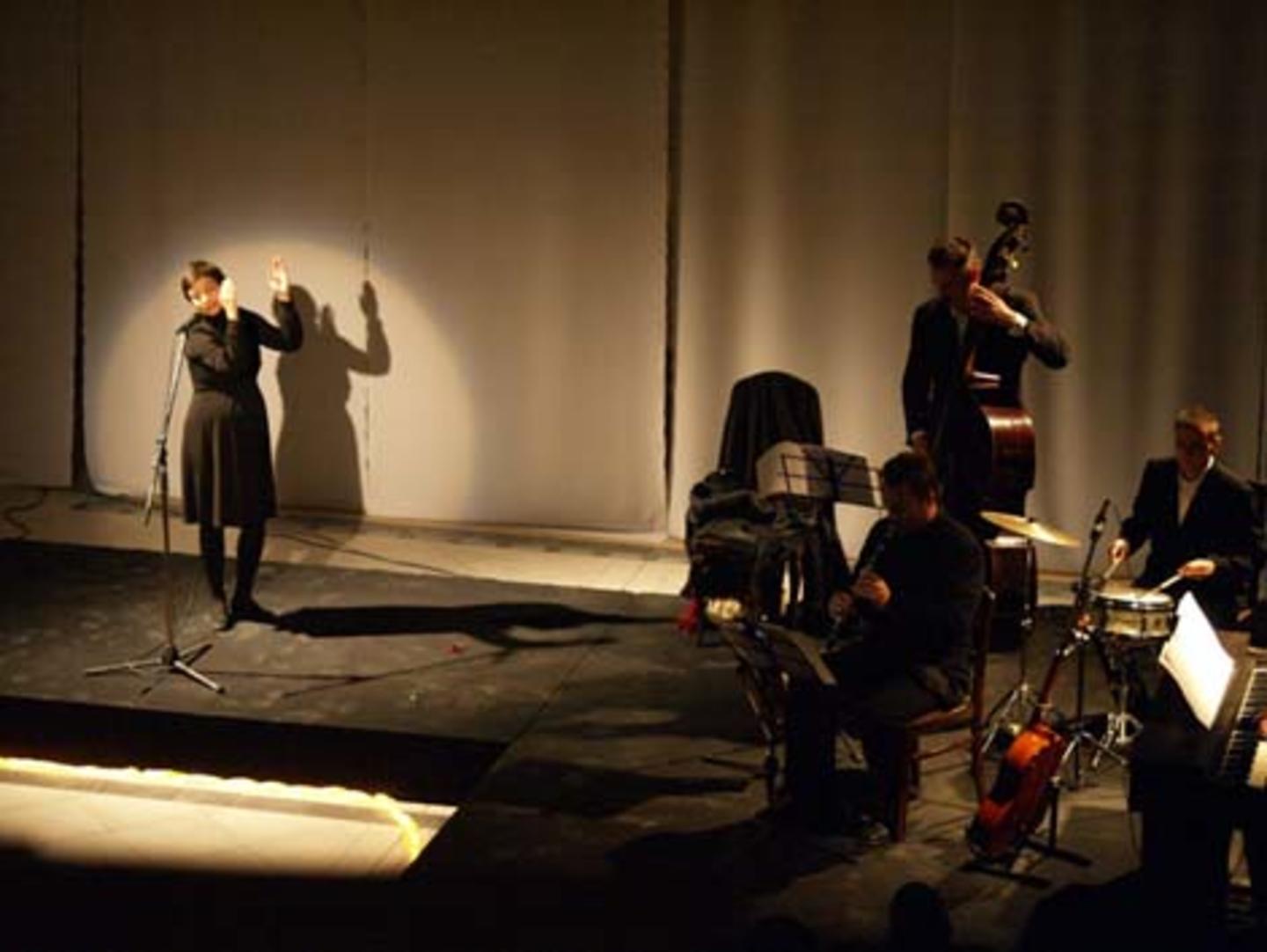Cultural heritage preservation and cultural exchange is the second biggest priority sector of the EEA and Norway Grants. Projects range from restoring historic buildings and monuments, to preserving intangible cultural heritage such as folk music and traditions.
New meeting places for local communities
Urban renewal and revitalising local communities is an important impact of many of these projects. Around 160 cultural heritage sites and 250 new exhibition spaces will be opened to the public, creating new arenas for communal life and meeting places for local residents and tourists alike.
Many of the more conventional cultural heritage projects involving the restoration of historic buildings also have a significant impact on their local communities. In Koigi, Estonia, the restoration of the Koigi Manor School has safeguarded the continued operation of the village school and library in addition to providing local residents with a new venue for cultural and social events. In Balatonáracs, Hungary, the restoration of the old post office and community house will revitalise community life. The restored buildings will house multifunctional event venues and provide offices for local NGOs and public authorities, breathing life into the old centre of town.
Coming together through performing arts
A separate €4.4 million Cultural Exchange Fund has been set up to encourage exchange projects within the performing arts between artists and institutions in Poland and the donor states Iceland, Liechtenstein and Norway. So far, more than 100 performing arts projects have received support.
In one of these projects, the Teatr Nowy in Krakow and the Visjoner Teater in Oslo are making the works of the Norwegian playwright Henrik Ibsen available to broader audiences through guest performances and acting workshops. In another project, the Wrocław Center for Jewish Culture and Education and the Jewish Museum in Oslo are cooperating on developing exhibitions documenting the culture and history of Jewish communities in Poland and Norway.
